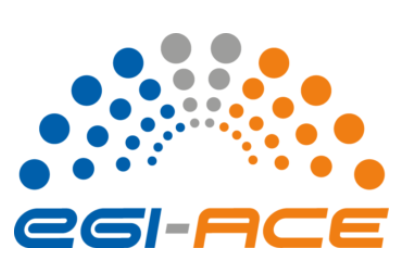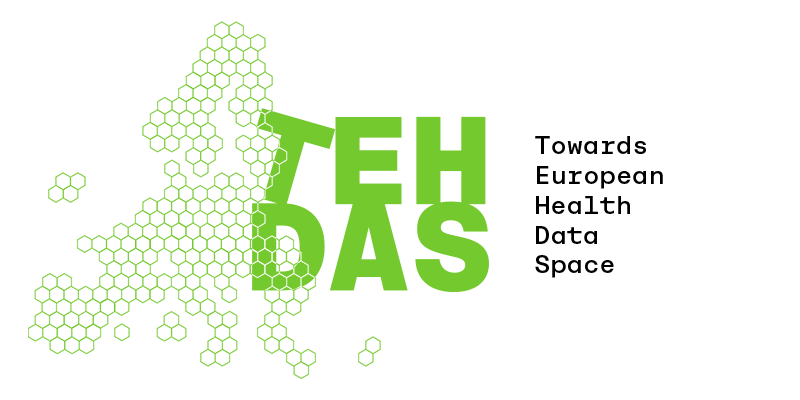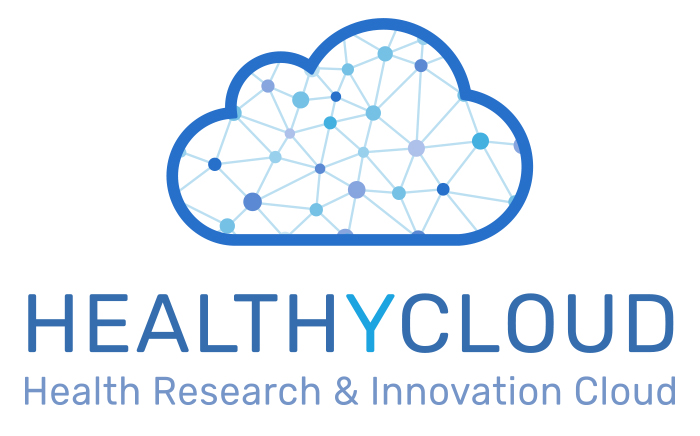Related projects and initiatives
BY-COVID
BeYond-COVID (BY-COVID) aims to provide comprehensive open data on SARS-CoV-2 and other infectious diseases across scientific, medical, public health and policy domains. It will strongly emphasise mobilising raw viral sequences, helping to identify and monitor the spread of SARS-CoV-2 variants. The project will further accelerate access to SARS-CoV-2 and COVID-19 and linking patient and research data.
To ensure interoperability of national and global efforts, BY-COVID will enable federated data analysis compliant with data protection regulations, harmonise and manage metadata and sample identifiers, and facilitate long-term cataloguing.
unCoVer
unCoVer (‘Unravelling Data for Rapid Evidence-Based Response to COVID-19’) is a functional network of 29 partners capable of harvesting real-world data derived from the response and provision of care to COVID-19 patients by health systems across Europe and internationally.
These real world data comprise mostly information from electronic medical records from front line hospitals, as well as national surveillance data, registries, and integrate information from over 300,000 COVID-19 patients initially, and anticipated to increase as databases are being updated on a continuous basis. Studies into patient’s characteristics, determinants of diseases prognosis, and safety and effectiveness of treatments and potential strategies against COVID-19 in real world settings, are envisioned to complement findings from efficacy/safety clinical trials where vulnerable populations, those most at risk of severe COVID-19, are often excluded.
unCoVer’s ultimate goal is to bring together European and international expertise to monitor, identify, and facilitate the access and utilization of this type of data, identifying knowledge gaps, and underrepresented populations, and proactively seek synergies with complementary existing and planned clinical databases.
EGI-ACE
EGI-ACE is a 30-month project coordinated by the EGI Foundation with a mission to empower researchers from all disciplines to collaborate in data- and compute-intensive research through free-at-point-of-use services. The consortium of the project builds on the expertise and assets of the EGI federation members, key research communities, data providers and collaborating initiatives.
EGI ACE will work closely with PHIRI to provide technical services that will help PHIRI to successfully continue in the implementation of the population health information research infrastructure the project is developing.
Do you want to know more about the EGI-ACE project? Watch this short video!
TEHDAS
TEHDAS, the joint action Towards the European Health Data Space, helps EU member states and the European Commission to develop and promote concepts for the secondary use of health data to benefit public health and health research and innovation in Europe.
The joint action is being carried out by 25 European countries and co-ordinated by the Finnish Innovation Fund, Sitra. The project started in February 2021 and it is based on the European Commission’s Health Programme 2020.
TEHDAS’ goal is that in the future European citizens, communities and companies will benefit from secure and seamless access to health data regardless of where it is stored.
HealthyCloud
The objective of HealthyCloud is to generate a number of guidelines, recommendations and specifications that will enable distributed health research across Europe in the form of a Ready-to-implement Roadmap. This roadmap together with the feedback gathered from a broad range of stakeholders will be the basis to produce the final HealthyCloud Strategic Agenda for the European Health Research and Innovation Cloud (HRIC).
To facilitate the generation of the final Strategic Agenda, HealthyCloud is joining a broad number of stakeholders across the EU member states, the European Commission, and relevant regional, national and international initiatives in the form of a Stakeholder Forum. HealthyCloud Stakeholder Forum invites representatives from healthcare providers, academia, industry, patients and citizens’ organizations, professional organizations and policy and decision-makers.
EU HIP
For intelligence gathering and threat assessment, HERA (Health Emergency Preparedness and Response Authority) needs support from the Member States and associated countries, and a comprehensive state-of-the-art IT system generating actionable insights for decision-making is crucial.
The upcoming HERA IT platform for intelligence gathering will only be operational if Member States have strong national IT systems that are interoperable with HERA’s IT system and other relevant systems. EU-HIP (EU interoperability with HERA's IT platform) supports participating countries to enhance and improve national IT systems in an efficient and coordinated manner, with the objective to obtain the needed interoperability with HERA’s IT platform.
This will entail developing new IT systems and strengthening as well as aligning existing IT systems for the assessment of health threats and for intelligence gathering in the area of medical countermeasures at national level. Moreover, there is focus on promoting data comparability, and streamlining reporting to different systems. EU-HIP will facilitate integration of national IT systems with the HERA IT platform currently under development, and complement existing systems for early warning and response, epidemic intelligence, public health surveillance and medical countermeasures.
Subscribe to our newsletter
the fields marked with * are required
PHIRI Work tools
 |
This project has received funding from the European Union’s Horizon 2020 research and innovation programme under grant agreement No 101018317. Disclaimer - Privacy policy |
Version 10.0


